
Developer: Square Enix
Publisher: Square Enix
Platform: PC, Android, iOS
Tested on: PC
Final Fantasy I, II & III (Pixel Remaster) – Review
Final Fantasy is one of those series that seems like it will never ever disappear. The franchise is going stronger as ever, providing new entries and updates to the franchise, quickly expanding its empire. This includes new games, MMORPG content, reinventing old-school gameplay, mobile ports, and pixel remasters. Whatever it is, loads of players eagerly grab these new releases with both hands. This also rings true for the Pixel Remaster of Final Fantasy 1 to 6. In this review, we examined Final Fantasy I, II & III.
Story
The story has always been important to Final Fantasy games, and it’s probably one of the main reasons to play them. Countless players lost their hearts to some installment(s) of the franchise, where many fight over which Final Fantasy is better. This often boils down to a discussion about Final Fantasy VII or VIII. The story component hasn’t always been that important though, and you can especially see this in Final Fantasy I. For this title, it’s quite messy, not very well written, and it definitely lacks a certain finesse. While you can clearly see that this improves in the second and third entries of the series, the story lacks the cinematic scale of more modern releases. To summarize quickly for those who never played these games though, here’s what you can expect at the start: In Final Fantasy I, you are legendary heroes foretold by prophecy, in Final Fantasy II, you are a bunch of refugee kids, and in Final Fantasy III, you start off as a group of explorers who stumble upon something ancient.
In these three games, you play with pre-determined characters who each have their own classic RPG class. In FFI this means you have a fighter, a dark mage, a white mage, and a thief. These classes change in the following games, but they essentially remain characters from a Dungeons and Dragons paper adventure, including spell slot rules and all. Despite elaborate tabletop rules, the story is somewhat meager and doesn’t always develop nicely. Each game has some cutscenes, but not that much text to read, which is what makes the stories feel like they lack some explanation or insight at times.
Graphics
Aside from some small bugs, such as broken water graphics during a cutscene that we encountered, the game has been polished really well. Final Fantasy I to III now has high-quality pixel art graphics. This simply gives the games a new lease on life, making them more fun to look at. On the other hand, the games also look like they could have been made with RPG Maker, which is now popular for indie developers to create their games in.
Sound
The Final Fantasy series has always been one of the series that has loads of memorable music. Some of the music that you encounter in later games traces all the way back to these first few installments, and it’s really cool to hear some recognizable tunes. In terms of music, these classic Final Fantasy games are very enjoyable. The sound effects also contribute to the overall immersion but feel a bit more dated and fairly generic. Slashes, impact sounds, menu selection sounds; at some point, they all sound the same. That being said, they are very recognizable and are highly functional, thus doing their job perfectly.
Gameplay
The Final Fantasy series went through a lot of changes. From the first game all the way to FFXV, the game changed its gameplay mechanics and format every now and then. This is especially clear when looking at FFXIV, which is a full MMORPG. The first three Final Fantasy games are as basic as you’d expect from an old-school RPG though, including the timeless turn-based combat. You walk around on a world map and fight a lot whenever you encounter something, be it random battles or those to progress the story. When it’s your turn in a fight, you can give commands to do a basic attack, use magic when possible, and items when available. The games do shift slightly in terms of base mechanics, but the essentials stay largely the same.
Even though the technology was limited at the time these games were released, they feel so basic by now that these games could have been made with RPG Maker. These days tons of comparable games hit the market. Many of those games use the same mechanics to walk around and battle, meaning that games such as FFI, II & III largely set the foundation for the genre.
While perhaps not being the most enjoyable games anymore, these Final Fantasy games are a bit of RPG history though, and this might also be a good reason to play them. Other reasons may vary, but to see the origin of all the games that followed is as good a reason as any. Play and learn from these originals, and see how they evolved and how the franchise as a whole progressed over the years.
As an example, in these first few games, you trigger a fight every few seconds when on the world map. This can become incredibly tiresome when you want to get somewhere, and these Final Fantasy games are giving you a bunch of things to run around for. Later, in sequels such as Final Fantasy VIII, the same mechanics still apply but you can get stuff to avoid easy battles. In the first game, you need to administer yourself with a status-counter such as an antidote for poison after every fight at times. In the second game, you’re not dealing with constant poison anymore. This is the way games learn from themselves and evolve to create a more fun experience.
Conclusion
The first three Final Fantasy games look good with updated graphics and this is probably already the biggest selling point for those who want to replay these classics. Some things, such as the music that makes the Final Fantasy series recognizable to all, are still great and have withstood the test of time perfectly. Sadly, the gameplay is what makes these games feel dated, limited, and somewhat annoying at times. These games are mainly nice to try out if you want to learn more about the history of RPGs and the Final Fantasy franchise. Those who expect the same comfort as they would from modern RPGs may be in for a slightly rougher ride than anticipated.
Final Fantasy I, II & III (Pixel Remaster) - Review,1 Comment
Leave a Reply
You must be logged in to post a comment.


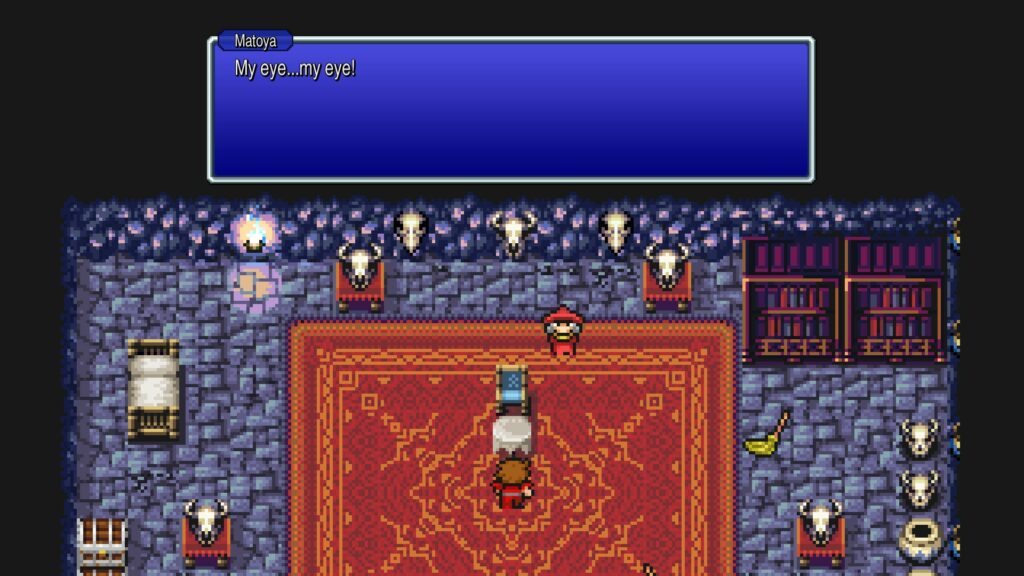
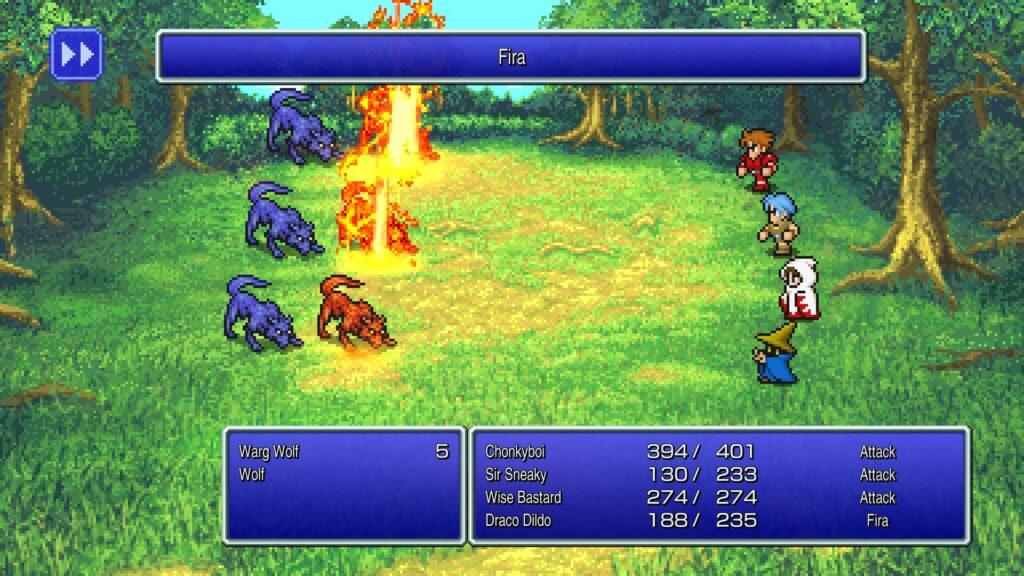
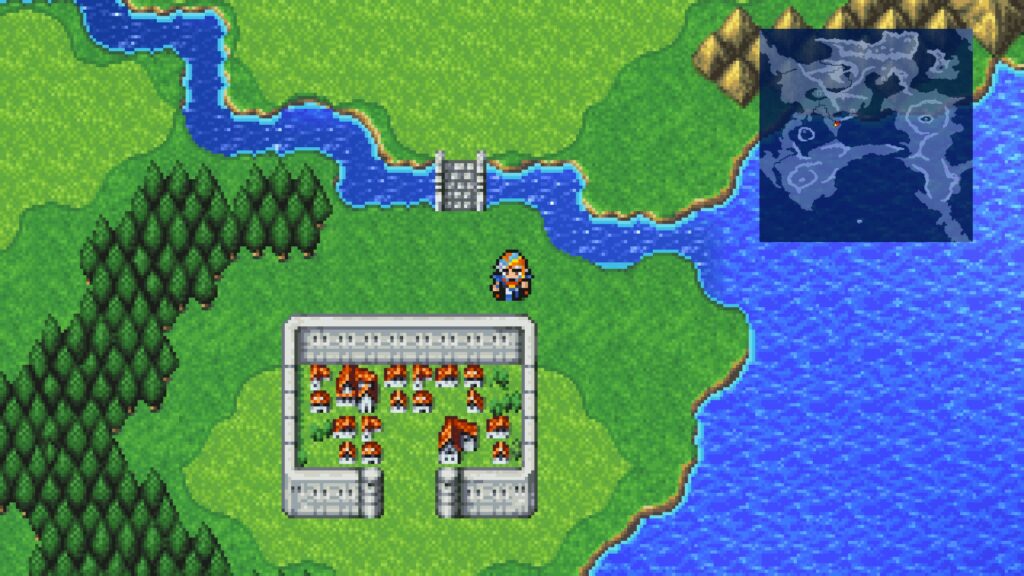
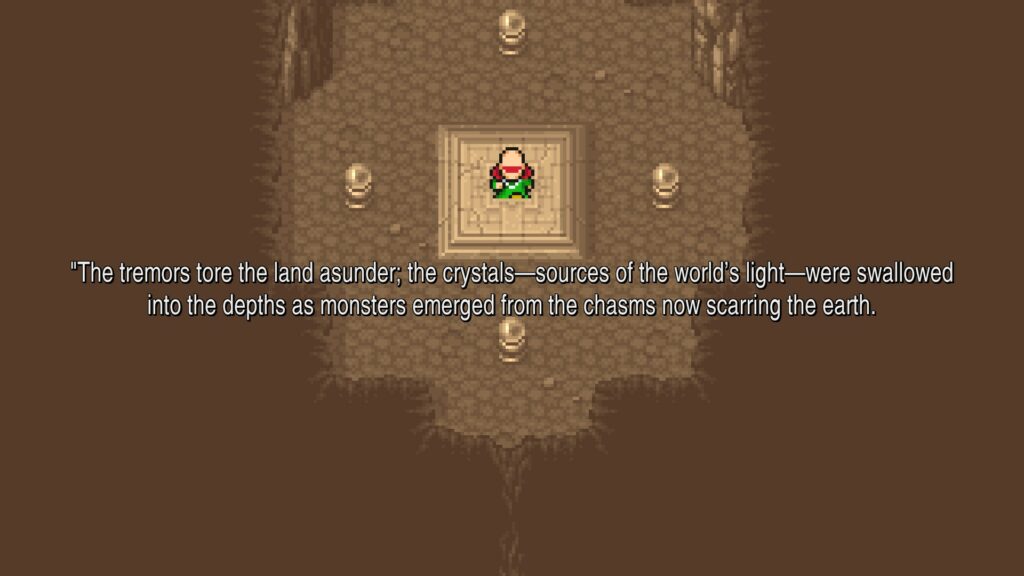
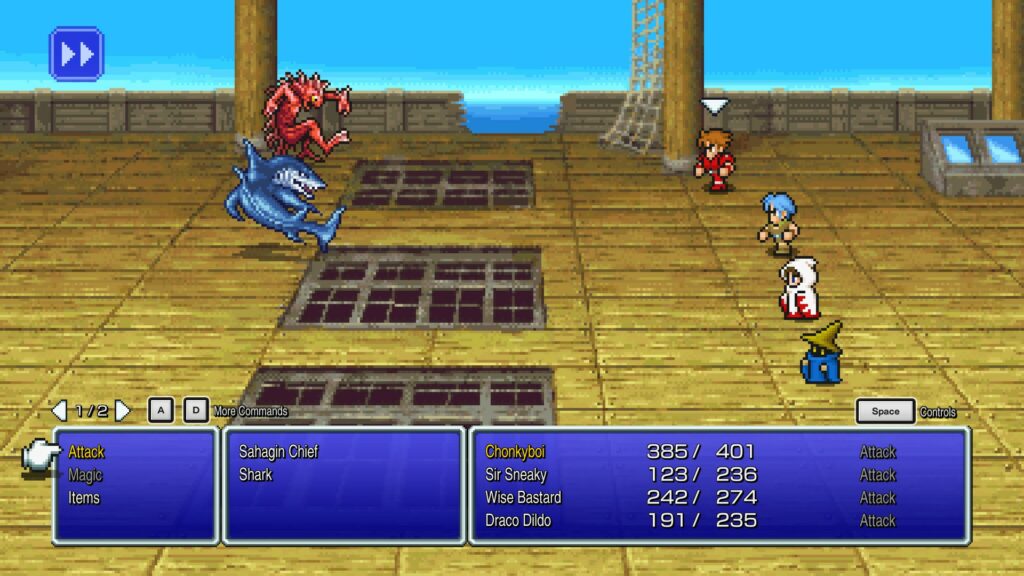


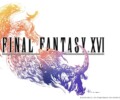
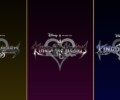
[…] setting that’s as old as gaming itself. Previously we already reviewed the pixel remasters of Final Fantasy I, II, and III. Now it’s time to leap forward to VI. The importance of Final Fantasy VI for the […]